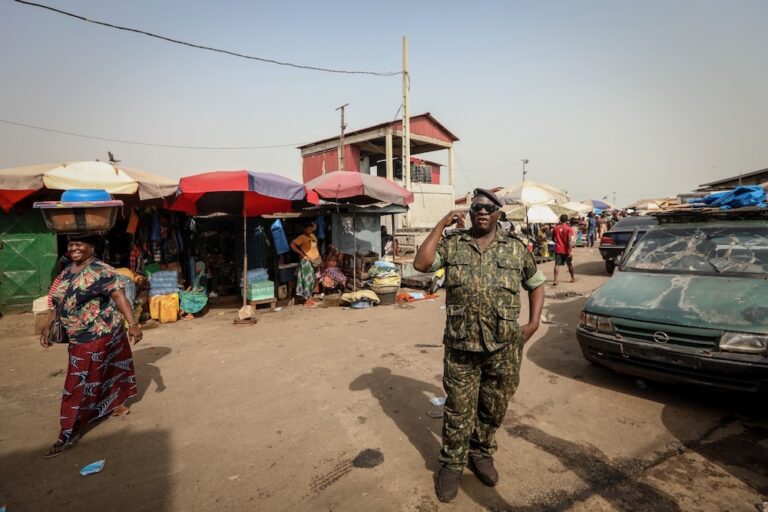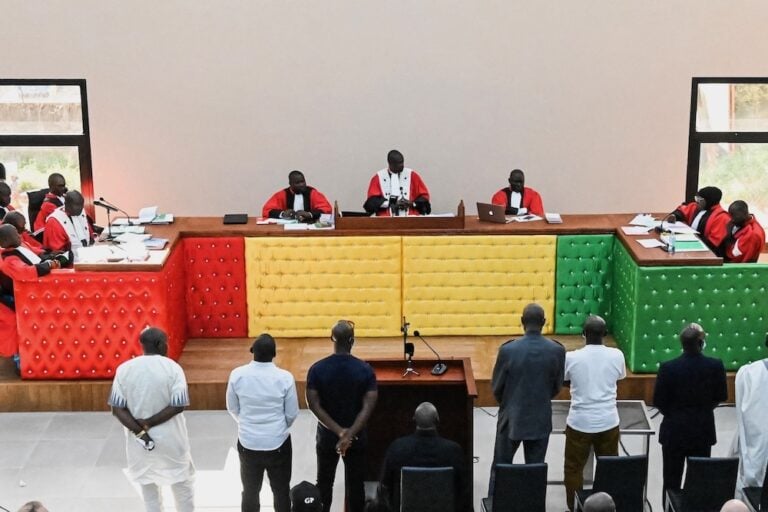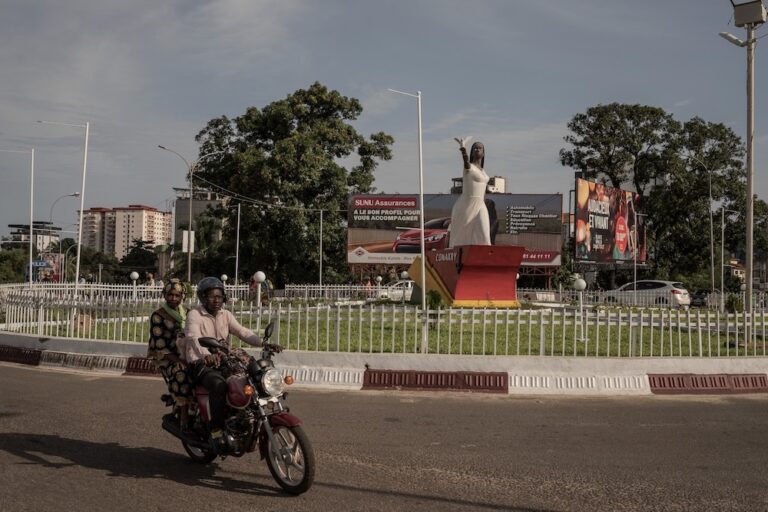(CPJ/IFEX) – The following is a CPJ press release: GUINEA: Government to allow private broadcasting New York, August 30, 2005 – President Lansana Conté signed a decree on August 20 allowing private broadcasting in Guinea, one of the last countries in Africa along with Zimbabwe and Eritrea to ban it. The law, which had been […]
(CPJ/IFEX) – The following is a CPJ press release:
GUINEA: Government to allow private broadcasting
New York, August 30, 2005 – President Lansana Conté signed a decree on August 20 allowing private broadcasting in Guinea, one of the last countries in Africa along with Zimbabwe and Eritrea to ban it. The law, which had been held up for nearly 14 years, enables private citizens and organizations to broadcast but excludes political parties and religious movements.
“This is an important first step but the true test will be whether the government uses political criteria in granting licenses, and whether stations are allowed to broadcast freely,” said Ann Cooper, Executive Director of the Committee to Protect Journalists.
Local journalists attributed the lifting of the ban to pressure from donors, especially the European Union, and to a strong internal campaign.
Souleymane Diallo, veteran press freedom activist and editor of the private newspaper Le Lynx, expressed concern about the continuing ban on political parties and religious groups owning broadcast outlets. Diallo noted that the legislation on press freedom had been passed in December 1991 but not implemented for private broadcasting.
Only a handful of private newspapers exist in the capital, Conakry. Few publish regularly and all are subject to government interference or censorship if they run articles critical of the government. Foreign-based publications such as the French news weekly Jeune Afrique L’Intelligent are occasionally seized by authorities and prevented from distributing if they carry articles on sensitive topics, such as the president’s health – reputed to be bad – or persistent rumors of political instability.
Some local journalists fear that the government could again drag its feet on implementing the law, or use red tape to block license applications. Licenses have to be granted by the Ministry of Information, which must first seek the advice of the National Communications Council. Frequencies will then be awarded by the Ministry of Telecommunications.
However, CNC chairman Boubacar Yacine Diallo told CPJ that stations could be operating by the end of the year.
CPJ is a New York-based, independent, nonprofit organization that works to safeguard press freedom worldwide. For more information, visit http://www.cpj.org.


